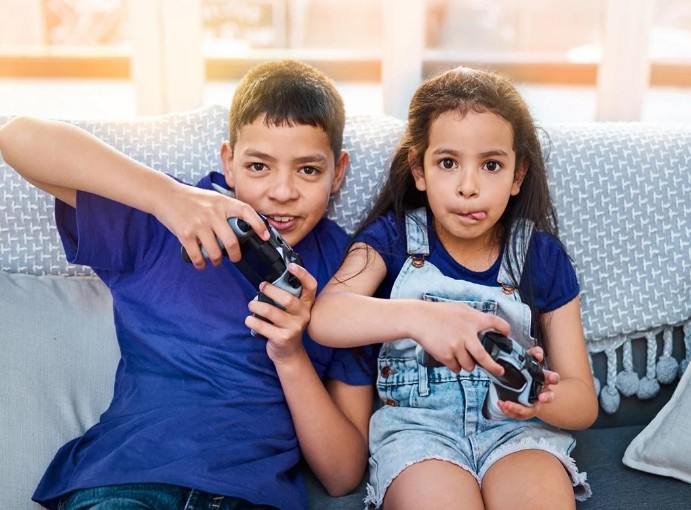Mehreen Masud

Over the past few days, media has been reporting massively regarding what happened in the US and how it unleashed a violent reaction among black people in North America. Now that we all know that injustice is a ‘lived reality’ of today’s world, and it needs to be stopped. But, there are some questions yet, unanswered in my mind. Like, has injustice really started from there, to begin with, or are there any other subsequent events involved? Very often, we hear these jargon terms on the news about anti-racism, systematic violence, ethnic cleansing, and discrimination over gender, religion and colour. Still, we seldom put the pieces in place to solve the puzzle for this stereotypical mindset.
As we dig a bit down, we would realize how deeply this cruelty seeps into our social justice system. What I could possibly pull together the knots to understand this very phenomenon that social injustice might be a by-product of an impression that has been transcended through generations. Either, in the form of folk stories, we grew up listening from our forefathers about different racialized/ethnic groups in a witty manner; Or, portraying their prejudiced images on mass media to gain consensual opinions. This notion has further been shaped by observing individuals’ attitudes in society towards others different from themselves, by any means. As ‘actions speak louder than words,’ these hidden messages are embedded so deeply in our society today, that eventually, give rise to an air of injustice. Like, I remember, back then, grew up observing people’s derogatory behaviour towards transgender, left them no choice but to allure them, despite all the humiliation they receive in return, just to get money for their sheer existence.
The misery of fate doesn’t limit to the outside world only; rather, it has crept into our own community circle. We don’t hesitate to exhibit discrimination among our own children based on gender and complexion, give them signals unknowingly, that this is not acceptable, and they really need to do something to compensate. We also tend to be unjust when we belittle our maids or servants (folks from countries like India and Pakistan may be aware of this dilemma) and make them feel inferior to our misconduct. Injustice may also prevail when we put our own rights at bay to bring peace and harmony in our lives. In turn, set such bias norms for coming generations to follow.
Conversely, It won’t be in vain to say that the need for fairness is instinctual, as this may also be observed among young kids. If you ever get a chance to see little preschoolers playing together, you will be amazed to notice how they advocate for fairness and even stand up for the rights of others. I can also relate this with my own experience as a little kid when my elder brother was once got spanked by a boy in our neighbourhood (who was almost 8 years older than me). I still remembered how fiercely I reacted and approached his house. To his mom’s surprise, I told her what he did with my brother and that I wanted to do the same. Although, oblivion to the societal norms as a kid, this sense of seeking fairness still can be cultivated on the micro-level to eliminate this social epidemic.
In short, the purpose of this post is not merely to unravel the bitter reality, instead, reflecting upon those events that could progressively involve its prevalence at large. Injustice has no boundary, has no class and value, yet still a universal fact that cannot be brushed under the rug without being addressed. If today is anti-black racism is on the rise, it could take any other form tomorrow. The list would go on unless we change our narratives towards this very belief of discriminating against people based on their race, sex, and religion.

What are the pros and cons of playing video games on mental wellness?
Read Article
Magik Moments Joins MFFS at CNOY 2025! Magik Moments, a Photo Booth Rental in Vancouver will be at this year's Coldest Night of the Year 2025 to capture the fun and memories with their photo booth available throughout the evening from 4pm to 7pm!
Read Article
After many months of poor weather, the climate in Vancouver is finally starting to improve.
Read Article